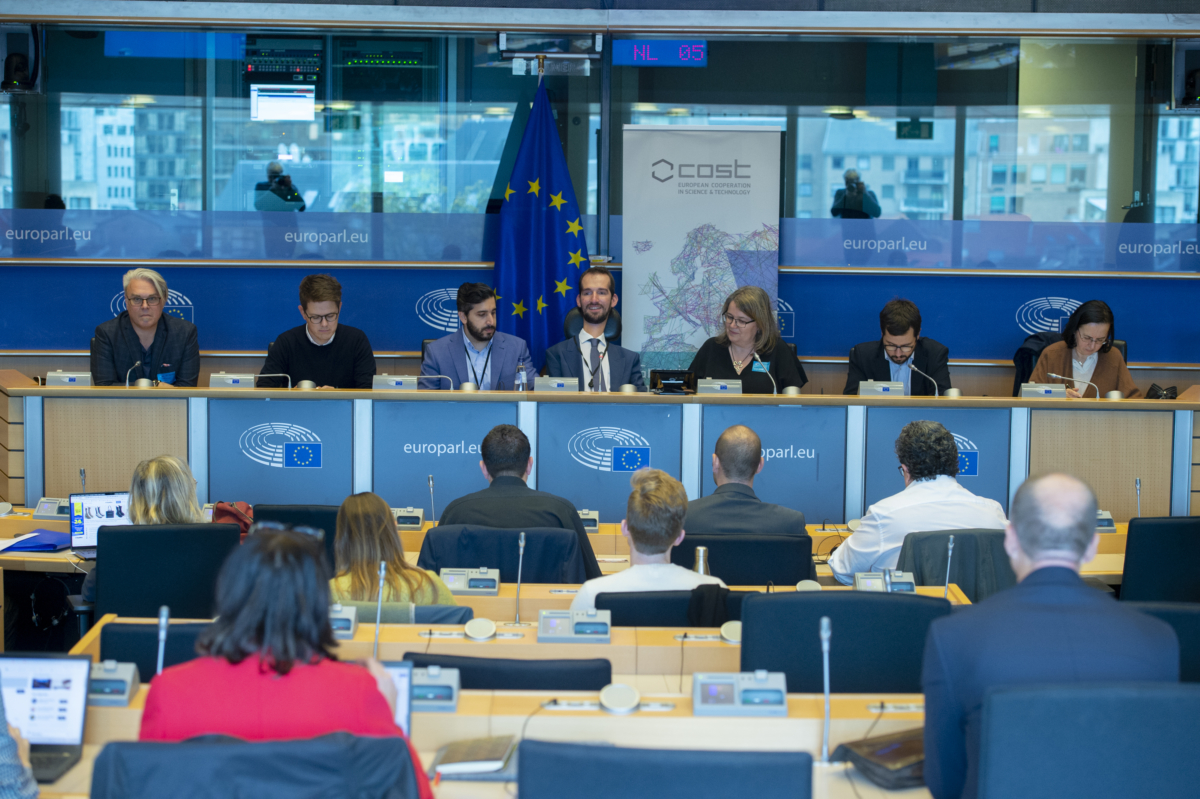COST Action LEAD-ME chairs discussion at the European Parliament with MEP Stelios Kympouropoulos
LEAD-ME is a COST Action that aims to help European stakeholders in the field of Media Accessibility to meet legal milestones requested by European legislation. LEAD-ME will boost a cultural change and the creation of a new mindset when designing tools for professional and private activities for all European citizens of all abilities and disabilities.
As part of it’s policy-focused activities, we joined LEAD-ME at the European Parliament on October 28 2022 to discuss measuring European accessibility hosted by MEP Stelios Kympouropoulos. The debate was enriched with input from the European Disability Forum, Google, the European Broadcasting Union, and the European Commission’s Directorate-General for Employment, Social Affairs and Inclusion (DG EMPL).
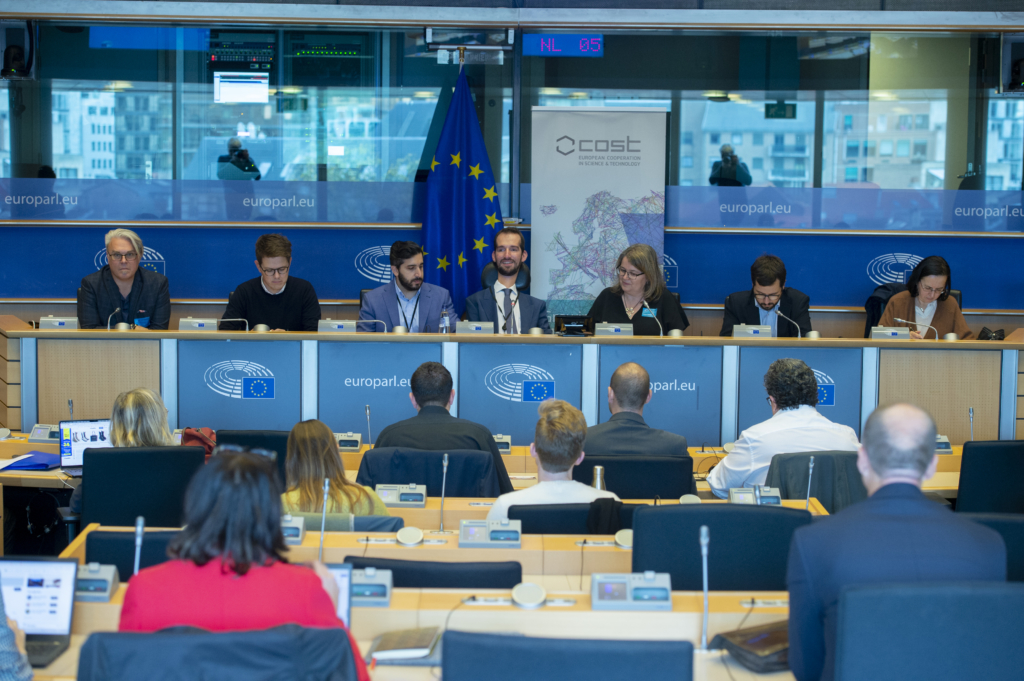
The discussion was very timely with the ongoing implementation of EU’s Audiovisual Media Services Directive (AVMSD) and entry into force of the European Accessibility Act. What is clear to see is that Europe has come a long way, but simultaneously has much more to achieve in order to offer the same media accessibility rights and opportunities across the Union.
“Measuring quality is a fundamental element towards ensuring media accessibility. This is why the 3rd COST LEAD-ME meeting is extremely timely, in light of the ongoing implementation of the Audiovisual Media Services Directive and the entry into force of the European Accessibility Act.
We, once again, observe a patchwork approach and inconsistent implementation among EU Member States.
More fundamentally, we are once again confronted with the lack of a common understanding of disability within the EU and as a disabled person, I believe this is a concept we need to reconstruct.
I am concerned because many disabled citizens will not be able to enjoy the benefits of these pieces of legislation, as Member States’ approaches differ, for instance on who is considered as a disabled person.
Therefore, as lawmakers, we need to continue reflecting on that. However, we need to do this in close collaboration with the private sector, and civil society.
And this is why events such as this one are a fundamental element in our efforts to ensure accessibility across areas and across the EU.”
MEP Stelios Kympouropoulos
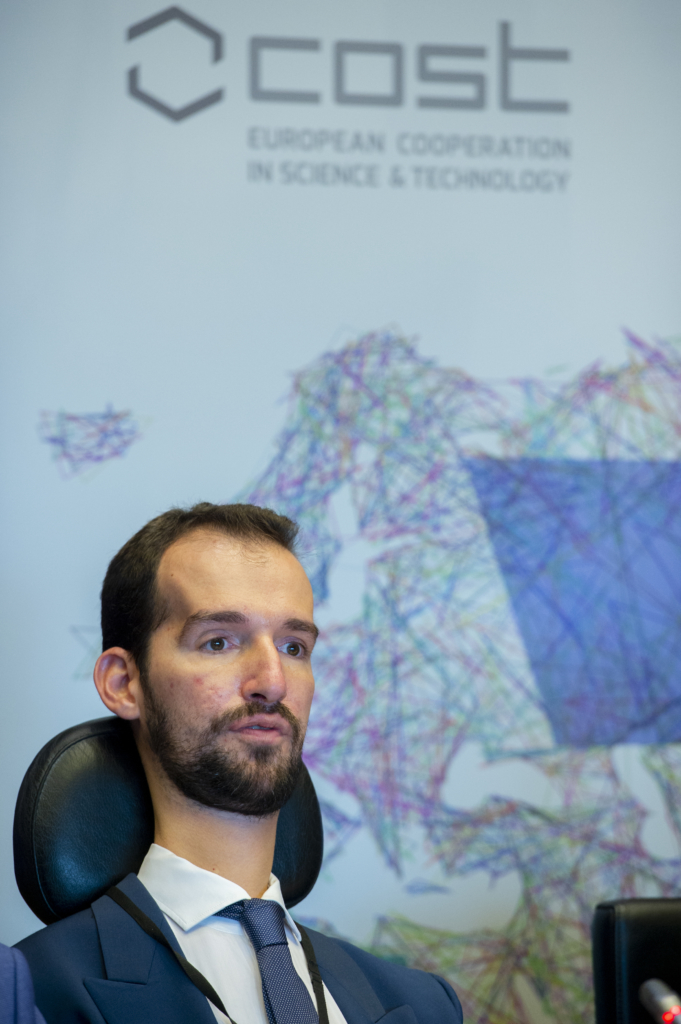
To further support the discussion Gion Linder, European Broadcasting Union, shared the results of a survey on access services completed by 37 public broadcasters in Spring 2022. 72% of broadcasters currently provide all the three key access services: subtitling for the hard of hearing, audio description for the blind, and sign programmes for the Deaf. However the survey highlighted key problems: such as the fact that only half of the respondents are developing actions plans to provide these key access services during emergency situations; not all broadcaster across the EU are required by law to provide subtitling; and that live audio description services are virtually non existent. Looking to the future financial constraints continue to be of huge concern for public service media broadcasters in order to achieve the level of access services required. Future innovations are also needed in order to make access services customisable, for example allowing viewers to make the subtitling text size bigger, and the potential use of AI avatars to reduce the cost of providing extended sign language coverage.
“Awareness for accessibility among all stakeholders is crucial. Without awareness, no money is spoken, no infrastructures are built, no technologies are developed, and no people are trained. Our task is to raise this awareness. In doing so, we lay the groundwork for accessibility to become a part of everyday life.“
Gion Linder, European Broadcasting Union
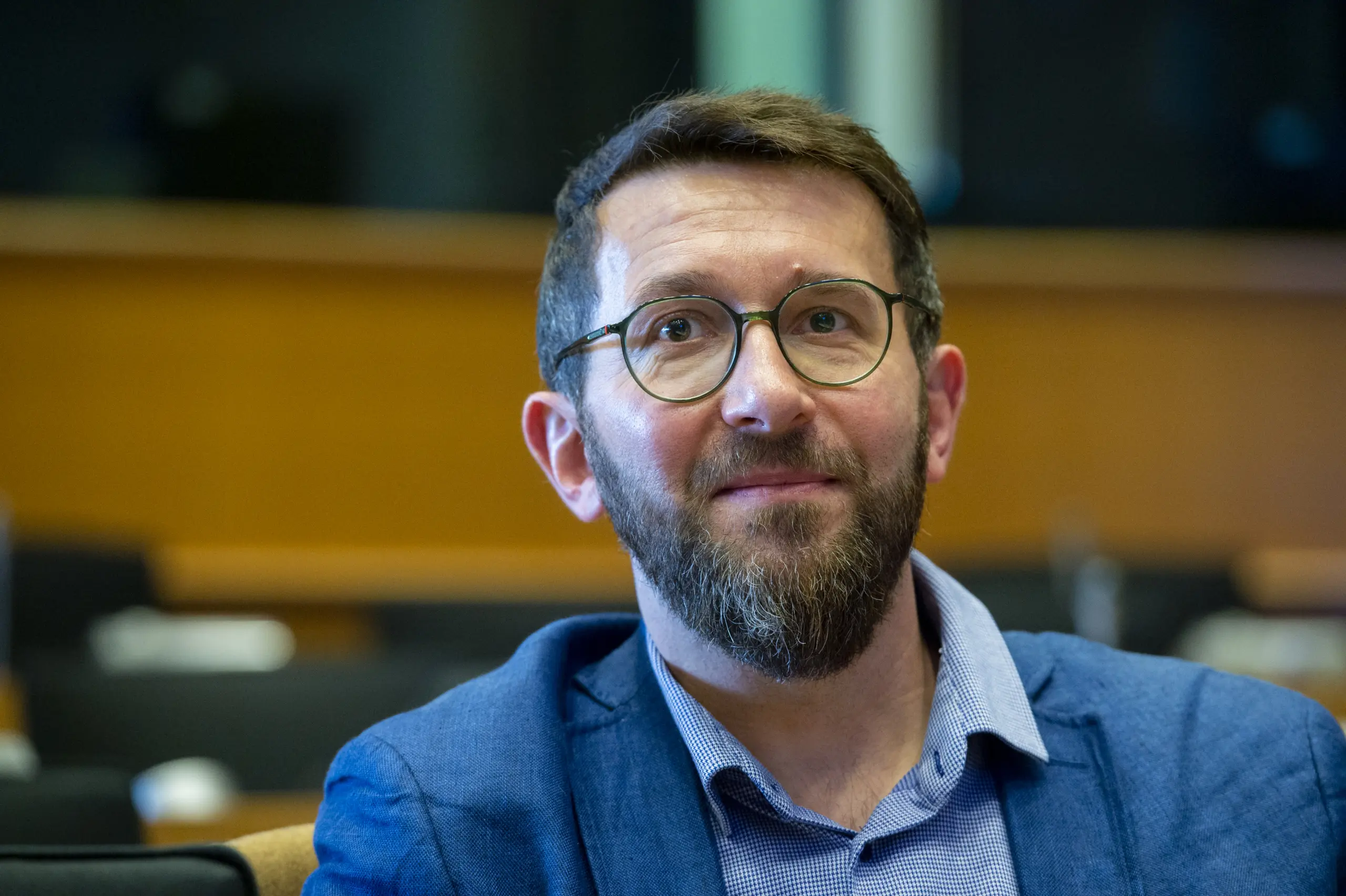
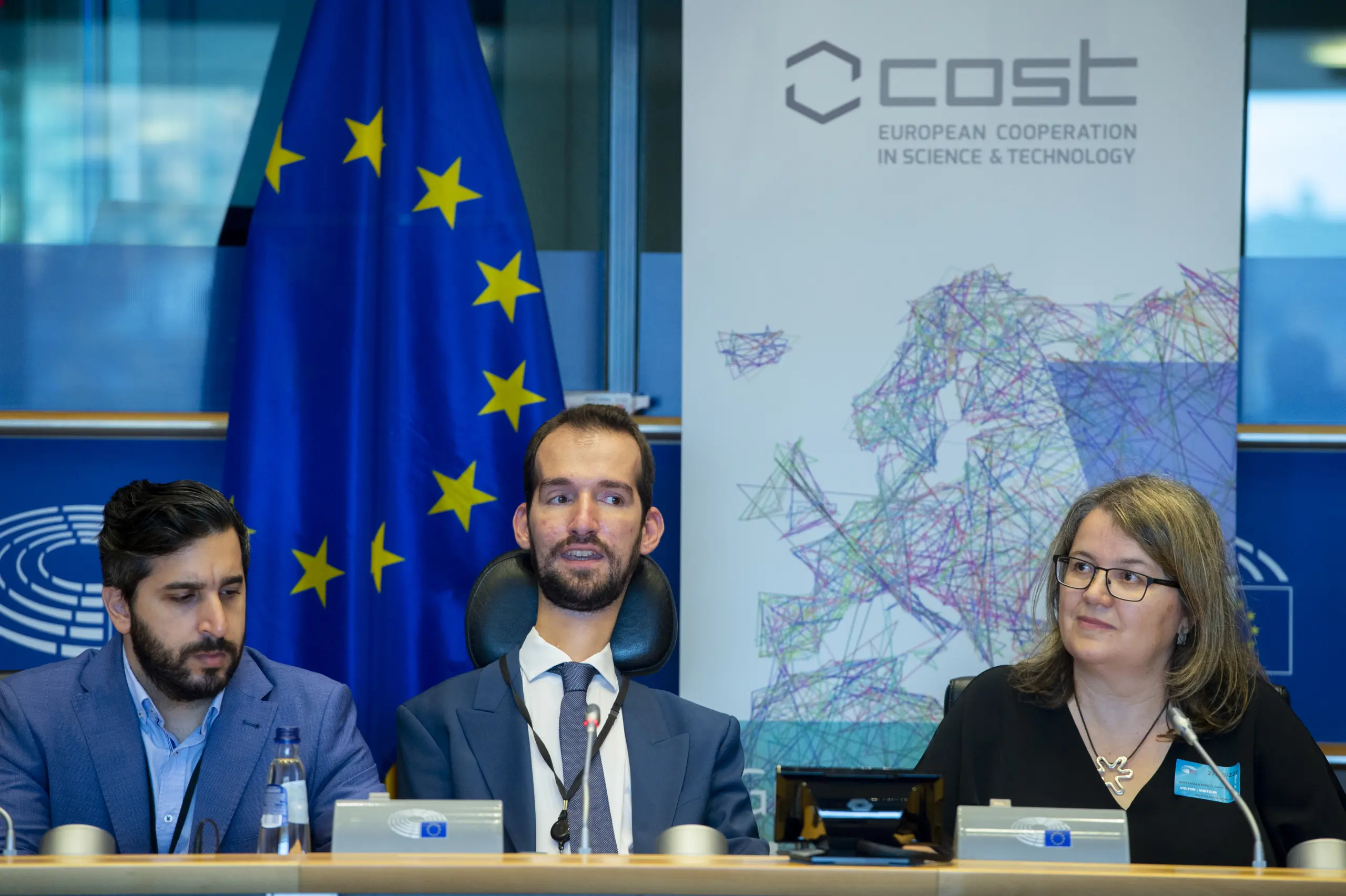
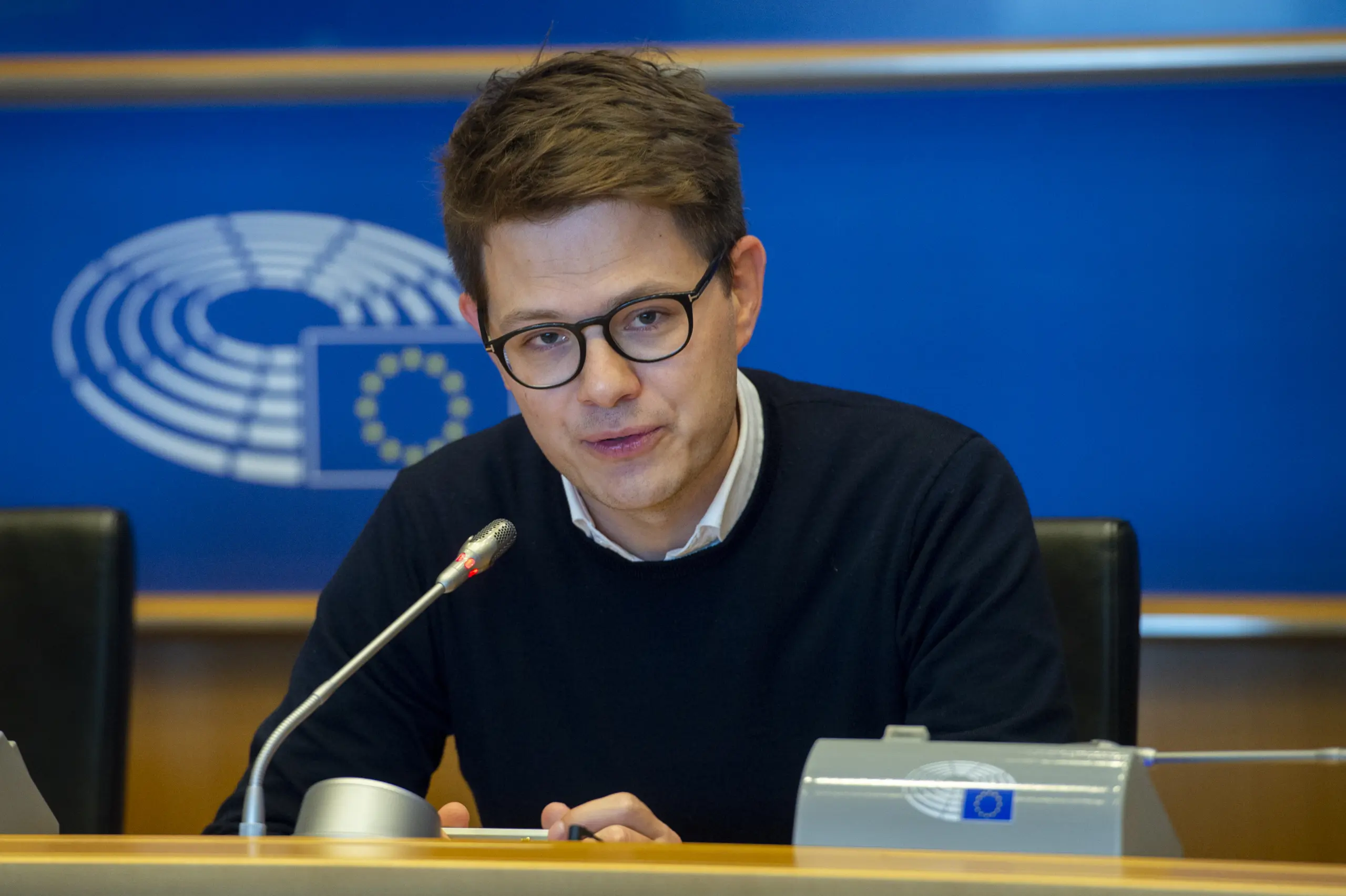
“We were honoured to be able to participate in the EU-COST meeting, hosted by MEP Kympouropoulos. The meeting was insightful and highlighted the challenges we all share in making both the physical and digital world inclusive and accessible.”
Christopher Patnoe, EMEA Lead for Accessibility and Disability Inclusion at Google
When discussing about our common end goal, attendees highlighted that what we’re working towards is to end all media accessibility related measures because it’s just there, embedded at the heart right from the start. All speakers also highlighted and stressed the need for personalisation of access services as every individual experience and need when it comes to disability is different so a ‘one size fits all’ approach is no longer enough.
